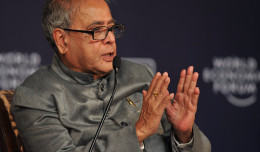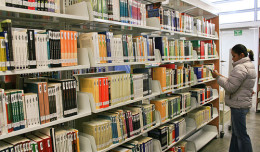Slogans such as, “Our knowledge in service of your success,” or “Free up your time for other activities and let us create your work,” advertise a booming business that is taking over BiH and the region. Over the past few years there has been an increase in the number of websites and social media pages (mostly Facebook) that offer college essays, term papers, graduate, masters’ and even doctoral theses for the right price. This trend has become a “public secret” – accepted by students, overlooked by universities, and ignored by authorities.

The prices of “services” rendered by these internet portals or individual sellers vary depending on the scope of the work in question. They can reach as high as 2.000KM (cca. $1.200) for masters’ or doctoral theses. Prices can also differ based on whether the topic sought is already in “stock” or needs to be written anew. The possibilities are endless: law, economy and sociology, communications, agriculture, sports, etc.
What should be considered illegal and unethical, passes in BiH as a legitimate business, because the current legal framework does not have a provision that could ban such activities. On the one hand, ministries of education claim that it is up to each university to discover and sanction plagiarized work. Universities, on the other hand, are understaffed, and students often don’t get to have “one-on-one” contact with their supervising professors. This results in a lack of direction and support that students need from their professors. Additionally, professors are unfamiliar with their students’ work, which makes it easy for students to turn in plagiarized papers. There is also no plagiarism detection software available to professors, making the recognition of stolen work that much more difficult.
College papers are not the only things being bought and sold in BiH. Recently, a large number of “fake” diplomas were discovered, some belonging to high ranking government officials. This begs the question: has BiH become a society that values the diploma more than actual knowledge?
Creative Commons Love: Wesley Fryer on Flickr.com

















